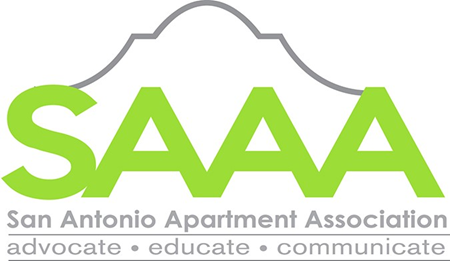RESPONDING TO A SOCIAL MEDIA FIRESTORM: WHERE DO YOU FIND YOUR BEST REMEDY? PARAGRAPH 20(j) OF THE N
Facebook.
Yelp.
Instagram.
YouTube.
Disgruntled applicants and residents have easy and unfiltered avenues to attack owners, management teams and employees on line; rarely do you receive and on line compliment.
Do you have remedies for false statements? Yes. Both under the common law (difficult and expensive to achieve, but effective) and contractual under the TAA Lease (less expensive and possibly easier to achieve).
Your common law claims are causes of action for defamation or business disparagement; both of these causes of action allow you to recover damages; more importantly, in a cause of action for defamation, you can seek an injunction to make the offender take down the offensive post.
Under the new TAA Lease, changes made to Paragraph 20 in October 2017 make a false or bad faith posting a violation of the lease for which you can evict the offender.
Defamation:
The common law recognizes a cause of action against a person who orally or in writing “defames” another; not only individuals, but businesses have a right to sue for false and disparaging statements made against them on line.
The Elements of Defamation:
The elements that must be established to obtain injunctive relief or damages for defamation are as follows:
- The tenant published a statement of fact;
- The statement referred to you;
- The statement was defamatory;
- The statement was false;
- With regard to the truth of the statement, the tenant was:
- Acting with actual malice;
- Negligent; or
- Liable without regard to fault (strict liability); and
- You suffered pecuniary injury.
Business Disparagement:
A related cause of action that is available to an owner is the common law claim of business disparagement; unfortunately, you are not entitled to seek an injunction for this common law claim.
The elements of a cause of action for business disparagement are:
- The tenant published disparaging words about your economic interests;
- The words were false;
- The tenant published the words with malice;
- The tenant published the words without privilege; and
- The publication of the words caused you special damages.
The Practical Issues:
The causes of action for defamation and business disparagement require you to file suit in district or county court; a claim of defamation allows you to seek injunctive relief to obtain a court order to prevent the disparagement and take down the post. Bringing suit for these causes of action is expensive and can be a lengthy process, but for egregious violations, you should consider with your counsel whether the circumstances merit a suit.
The TAA Lease:
Before October 2017, Paragraph 20(j) of the TAA Lease provided that it was a violation of the lease for a tenant, guest or occupant to:
“injure our reputation by making bad faith allegations about us to others.”
In October 2017, TAA made a major change to the language of 20(j) as follows:
“injure our reputation by making bad faith or false allegations about us or our agents to others.”
Consequently, it is now a violation of the new 2017 TAA Lease for a tenant to:
“make a bad faith or false allegation against the owner or an agent to others.”
As an aside, I requested this revision to the Lease the Monday prior to the TAA Board meeting that voted on lease changes, as I lost an eviction appeal in Austin because a tenant made an unfounded police report that a manager sexually assaulted him; under paragraph 1 of the lease, “us” is defined as the owner, not representatives, managers or agents and at the end of trial, opposing counsel merely pointed out that under the old language of 20(j), the tenant’s claim against the manager was not a violation (as it was not made against the owner). TAA acted quickly to make the revision and now, as it is written, 20(j) can be used to evict a tenant who posts on social media a bad faith or false statement against the owner or member of the management team!
Consequently, when a bad faith or false statement is made against you on social media, consider:
- Issuing a Notice to Vacate for violation of 20(j); or
- If you don’t want to start with a Notice to Vacate, issuing a Notice of Lease Violation with a time deadline within which the tenant must take down the post or you will deliver a Notice to Vacate.
Before you issue a Notice to Vacate under 20(j) of the Lease, make certain your tenant is under the new 2017 Lease form (you could still try to evict under the old lease, but you have a higher and more difficult burden of proof). As with any Notice to Vacate for a non-rent violation under the lease, make certain that you have documented your file with screen shots of the violations and social media posts and make certain you properly complete and deliver the Notice to Vacate.
If you have any questions or concerns regarding whether a violation has occurred or whether you should pursue an eviction for a bad faith or false posting on social media, you should contact the counsel of your choice to discuss.
- David Fritsche is an attorney with The Law Offices of R. David Fritsche, General Counsel to the San Antonio Apartment Association, and engages in the practice of landlord/tenant law and civil litigation. He can be reached at (210) 227-2726, facsimile (210) 227-5550.
